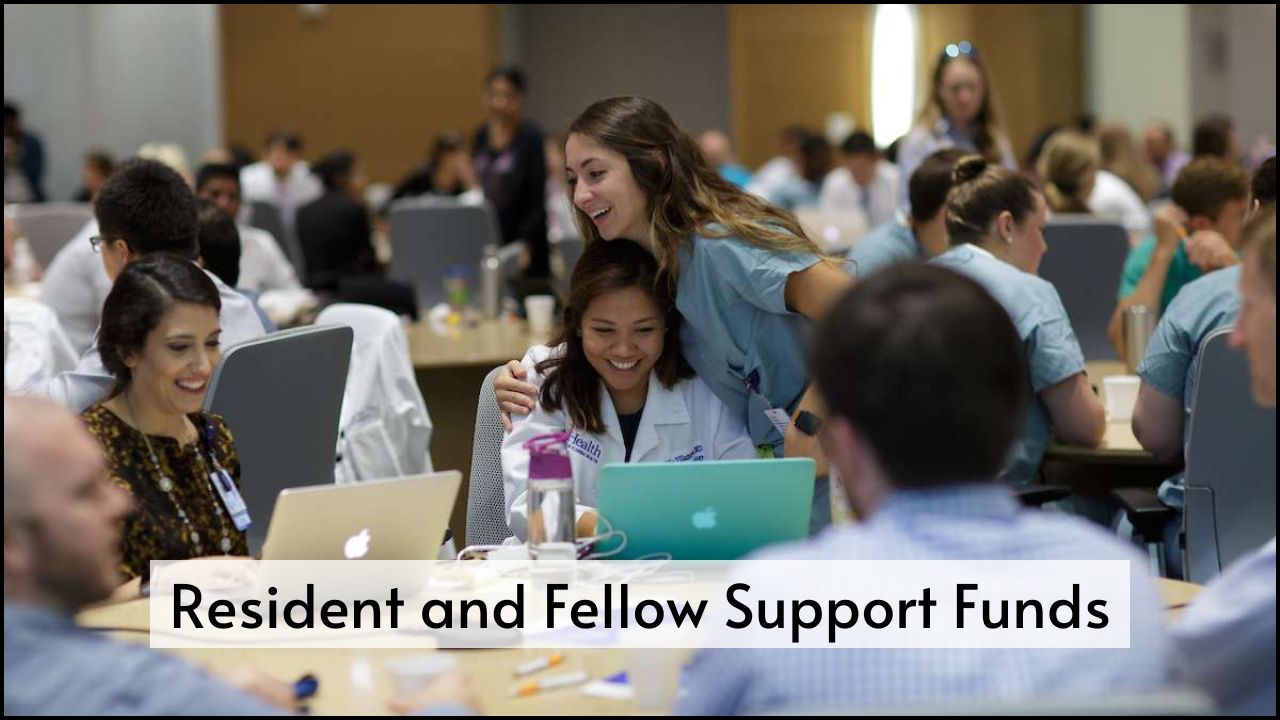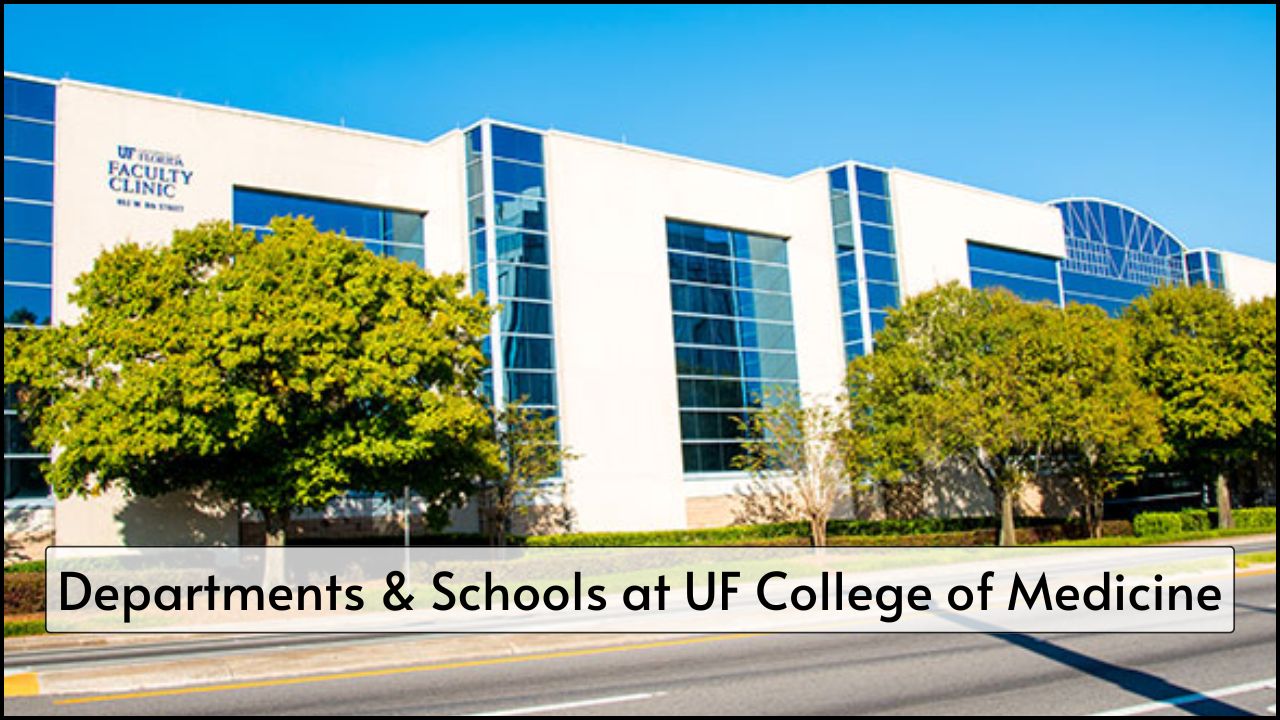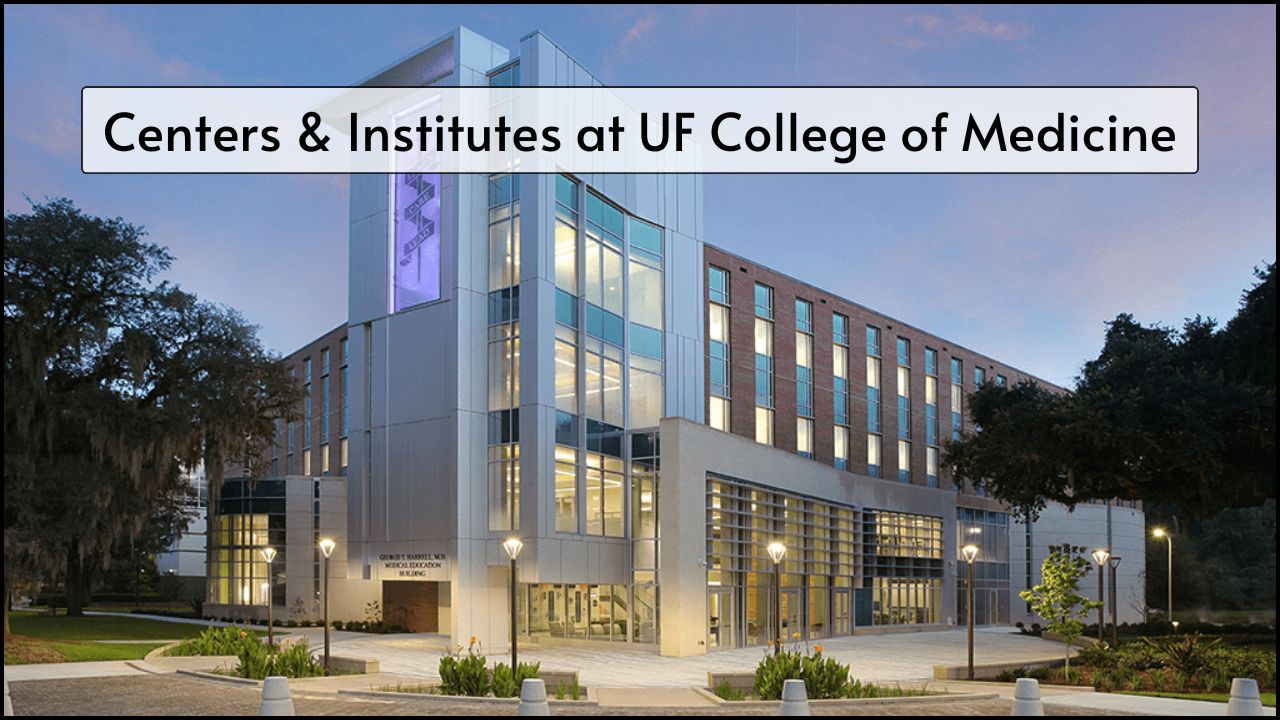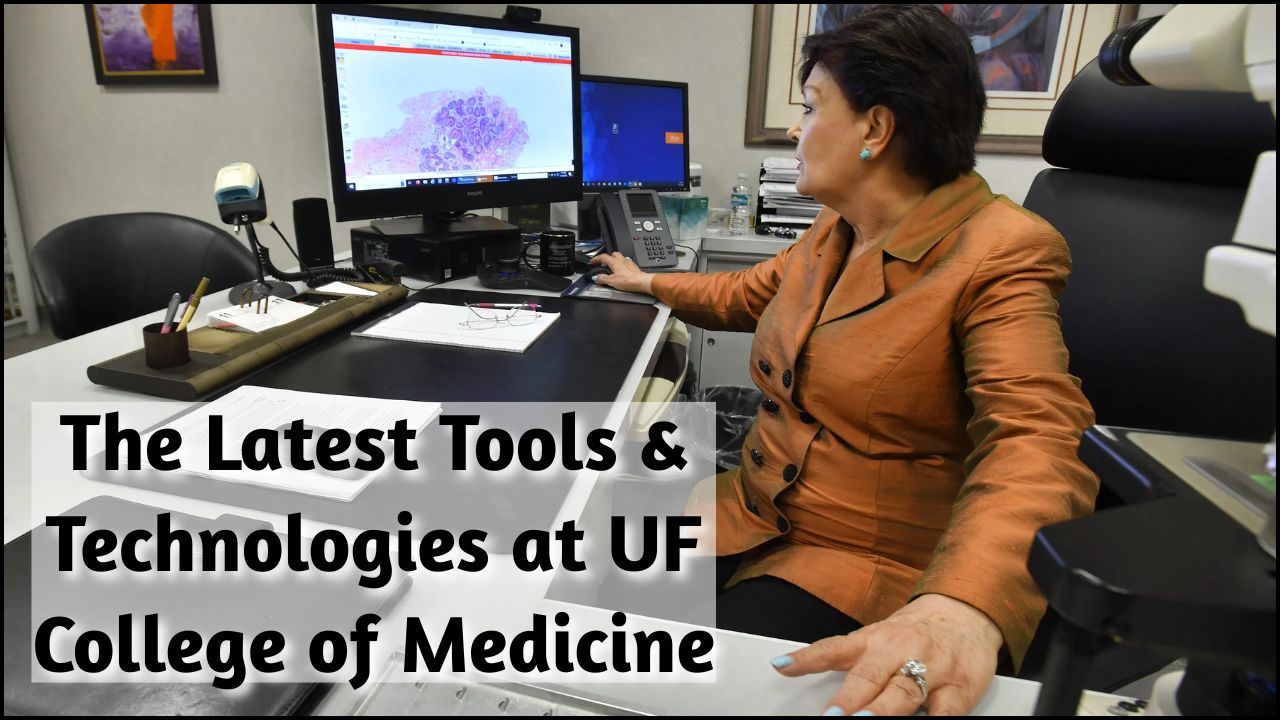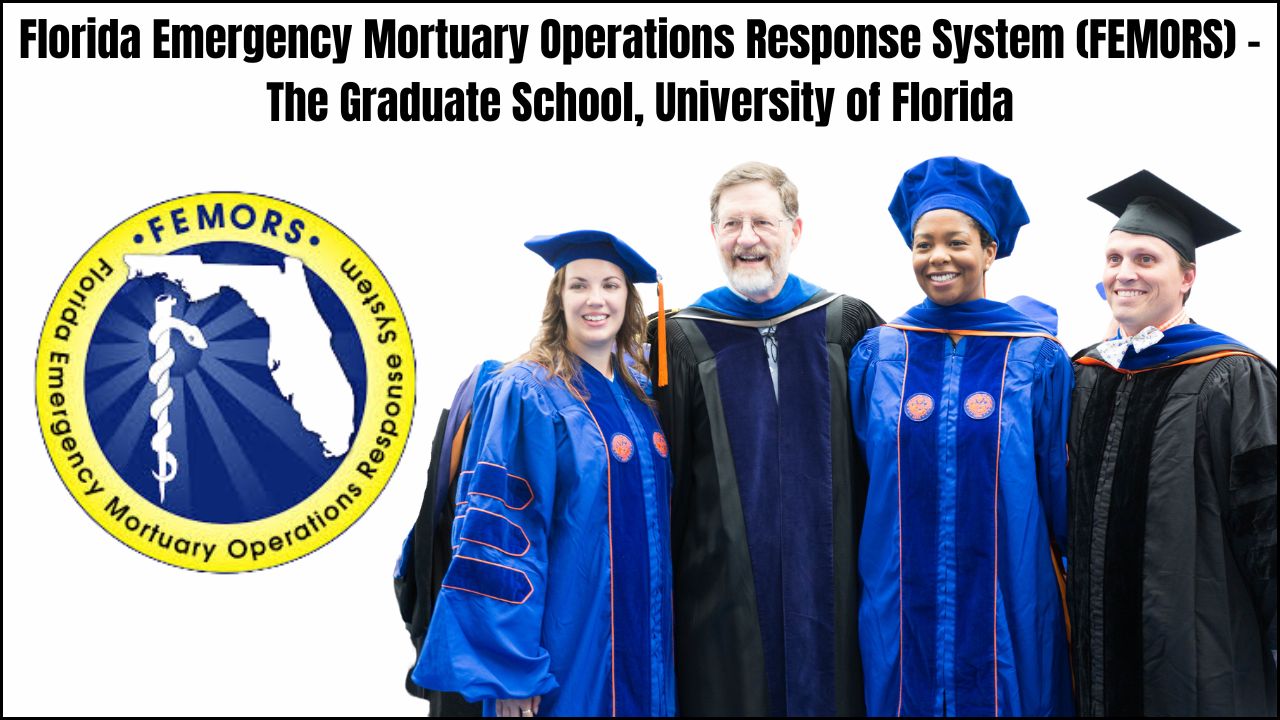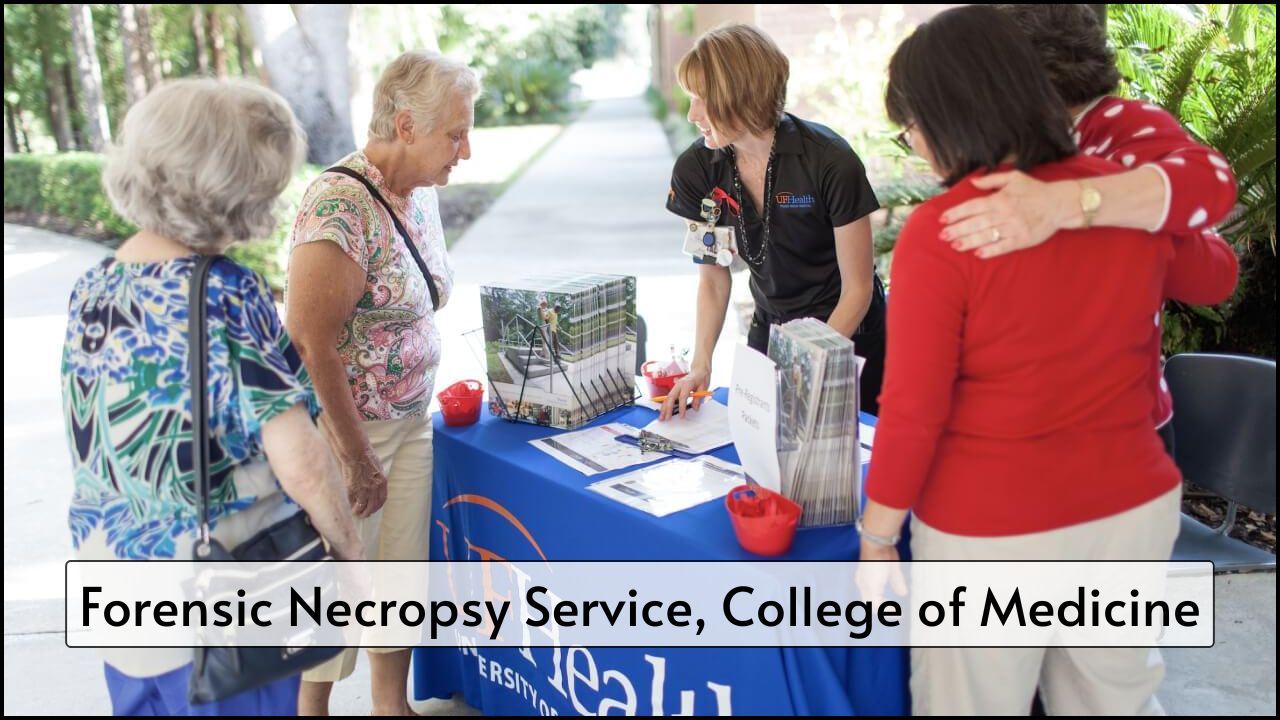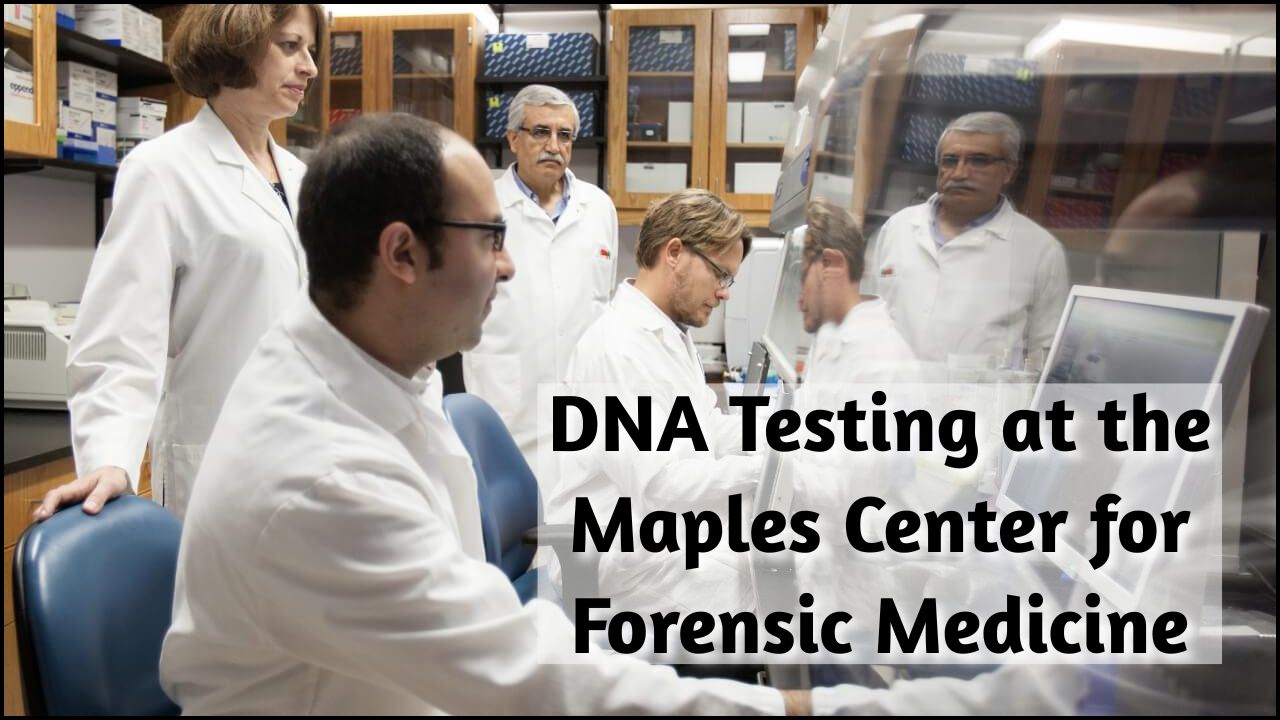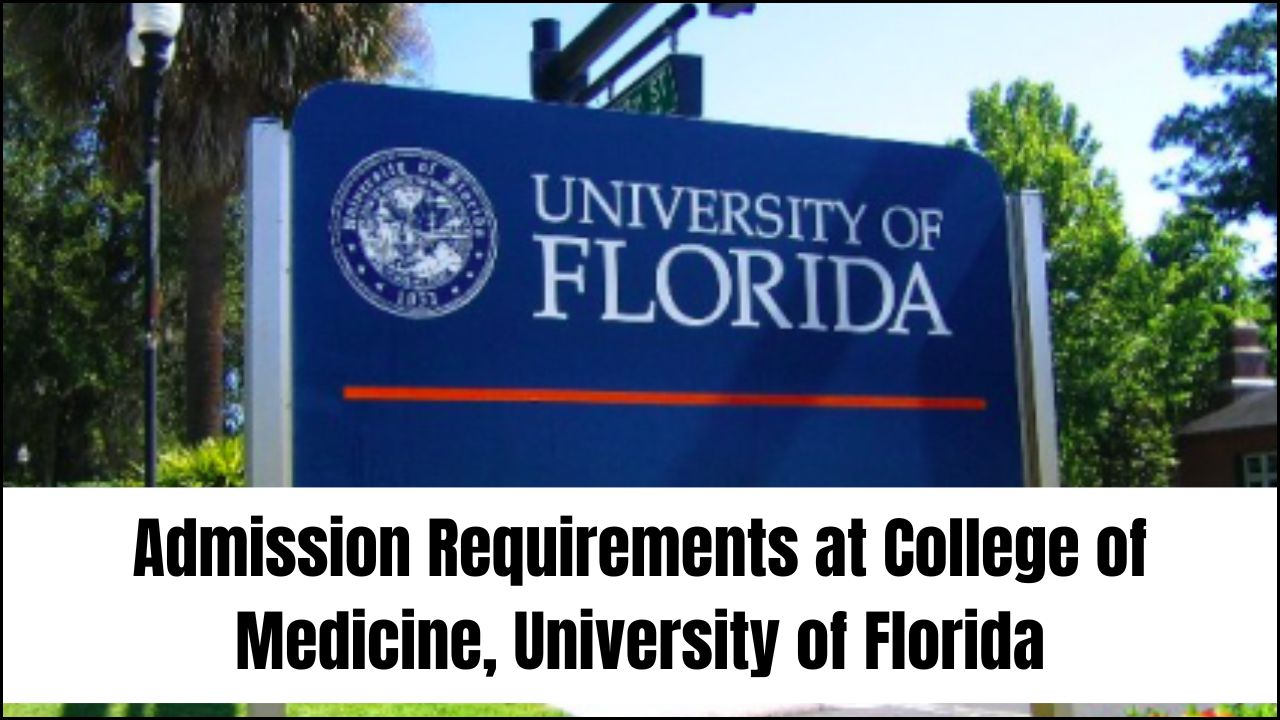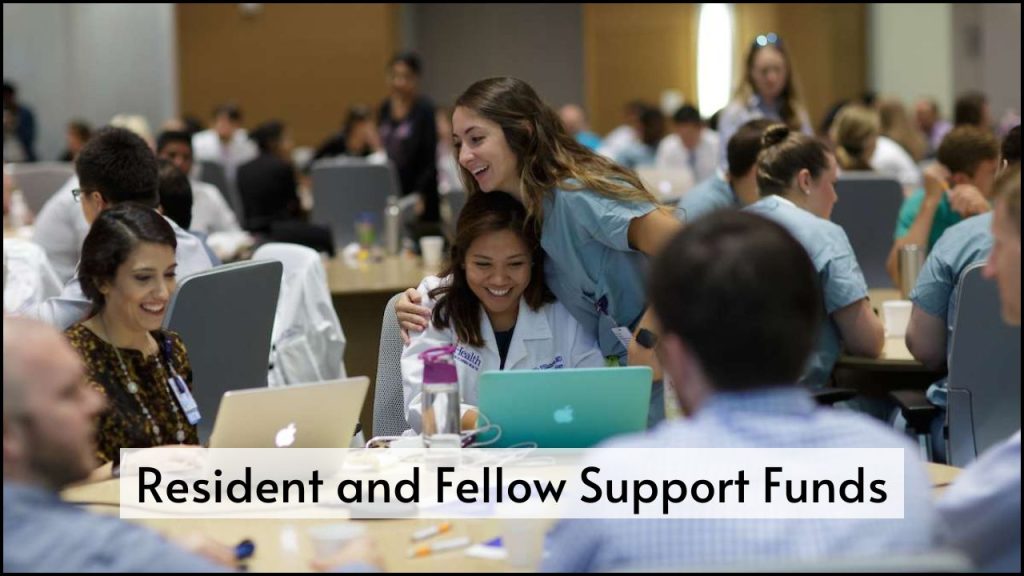
The University of Florida (UF) College of Medicine understands the value of supporting its physicians in training. Resident doctors and fellows are essential to the healthcare system, offering care, gaining experience, and learning specialized skills. To help these trainees succeed, each department within the College has created specific support funds. These funds help improve education and create better learning environments. Contributions made to these funds give residents and fellows access to new tools, conferences, and other growth opportunities.
Purpose of the Support Funds
- Improved Learning
Funds help residents and fellows receive high-quality medical training. - Educational Resources
Access to the latest learning materials, technology, and medical journals is possible through these funds. - Conference Participation
Financial support makes it easier for trainees to attend national and international conferences. - Professional Development
Programs, certifications, and workshops funded by donations assist residents and fellows in advancing their careers. - Mentorship and Networking
Supported events create chances for residents and fellows to connect with senior physicians and researchers.
Departments Offering Support Funds
A wide range of specialties at UF College of Medicine offer support funds. Each department allows donors to contribute toward better training and educational tools for residents and fellows.
| Department | Support Purpose |
|---|---|
| Anesthesiology | Helps fund clinical training programs, simulation labs, and educational workshops. |
| Emergency Medicine | Supports fast-paced training modules and emergency care simulations. |
| Family Medicine | Encourages holistic patient care education and rural health service training. |
| Medicine | Covers subspecialty training and resources for internal medicine residents. |
| Neurology | Provides advanced neurology case studies, teaching aids, and conference travel. |
| Neurosurgery | Funds neurosurgical training and access to surgical simulation tools. |
| Obstetrics and Gynecology | Enhances women’s health education through hands-on practice and patient interaction. |
| Ophthalmology | Supports vision research, equipment access, and training workshops. |
| Orthopaedics and Rehabilitation | Offers support for orthopedic surgical training and rehabilitation studies. |
| Otolaryngology | Funds ENT-specific equipment and surgical education. |
| Pathology, Immunology and Laboratory Medicine | Enhances diagnostic training, lab access, and pathology study. |
| Pediatrics | Provides resources for child health care training and pediatric conferences. |
| Psychiatry | Supports mental health education, therapy workshops, and psychiatry seminars. |
| Radiation Oncology | Assists in learning radiation therapy methods and advanced cancer treatment. |
| Radiology | Offers support for imaging technology training and diagnostic accuracy workshops. |
| Surgery | Helps improve surgical skill-building and patient care simulations. |
| Urology | Provides access to urological surgical tools and specialized medical courses. |
Benefits of Donating to Resident and Fellow Funds
- Support for Future Doctors
Donations make a direct impact on the quality of healthcare training. - Long-term Healthcare Improvement
Trained and skilled residents go on to serve communities with improved care standards. - Research Opportunities
Residents involved in research can use funds for supplies, analysis tools, and presentations. - Recognition of Donors
Contributions are often acknowledged by the department, offering thanks and visibility. - Flexible Giving Options
Donors can choose which department to support based on their interests or experiences.
Impact on Residents and Fellows
| Area of Impact | Examples of Benefits |
|---|---|
| Education | New textbooks, access to online medical journals, and updated curriculum tools. |
| Practice and Simulation | High-tech mannequins, virtual simulations, and surgical practice labs. |
| Travel and Conferences | Funding for national and international conference attendance. |
| Networking | Opportunities to meet and collaborate with experts and peers. |
| Research | Grants for participating in clinical studies and publishing work. |
Ways to Give
- Online Donations
Each department’s fund has a dedicated “Give now” link for secure online donations. - Recurring Contributions
Monthly or annual giving helps maintain consistent support for programs. - In Honor of Memory
Donors may give in honor of a loved one, professor, or former physician. - Corporate Partnerships
Businesses can also contribute to supporting the education of future doctors.
Stories of Positive Impact
- Resident Growth
Several residents have used funds to attend national conferences and present research. - Better Patient Care
Training supported by these funds leads to more confident and skilled patient interactions. - Innovation in Education
Departments have added digital learning platforms and simulation rooms thanks to donations. - Personalized Training
Fellowships have become more specialized, allowing deeper learning in specific areas.
Why Community Involvement Matters
- Shared Responsibility
The community benefits when its future doctors are well-trained and confident. - Accessible Excellence
Financial barriers are reduced, helping trainees from all backgrounds succeed. - Commitment to Healthcare
Donations reflect a belief in the mission of the UF College of Medicine.
The Resident and Fellow Support Funds at the University of Florida College of Medicine play a major role in shaping the future of healthcare. These funds not only enhance education but also encourage innovation and professional development. With each donation, the impact grows, supporting those who will one day care for thousands.
